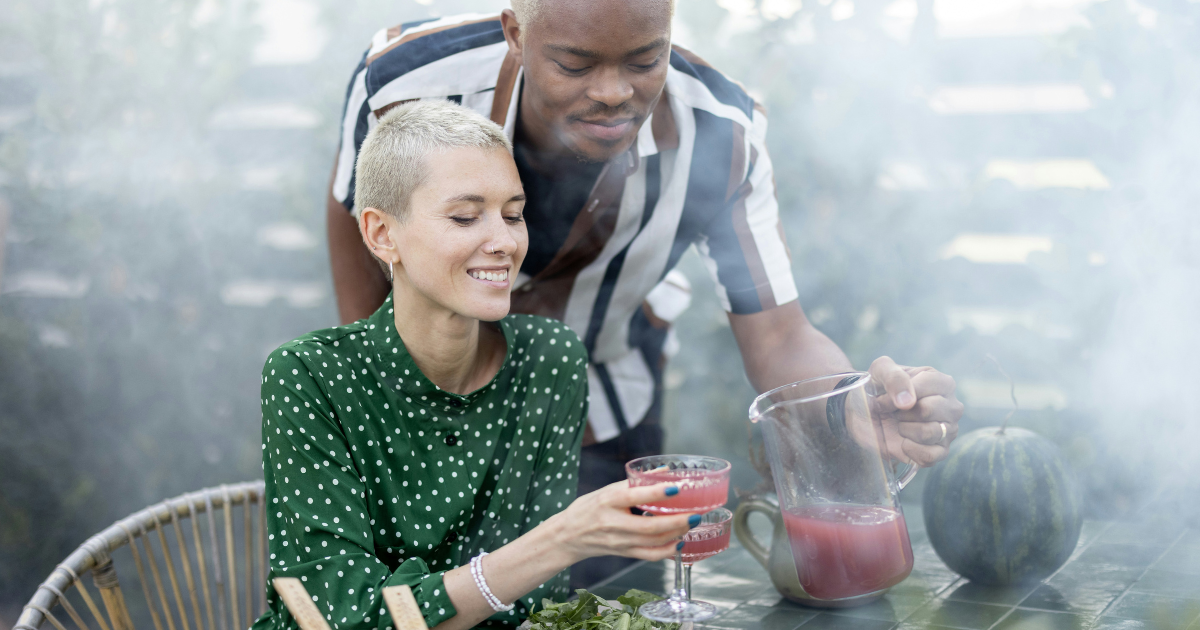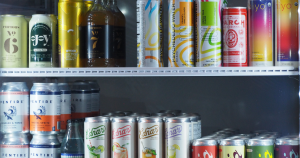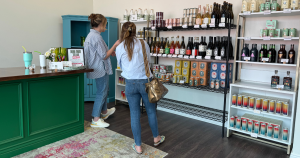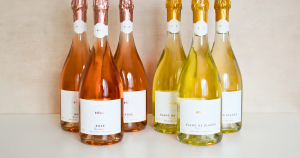Several years ago, meat alternatives were all the rage in the US—and investors bet big on their potential. But, more recently, consumers seem to have gone back to the basics. Instead of these processed alternatives, they’re favoring simple vegetables within a whole foods-oriented diet. So, while there’s been a decline in interest in meat alternatives, there’s still a movement toward plant-based eating.
Will consumer appetite for non-alcoholic spirits, wines, and beers follow the same trajectory? The category is similarly focused on replication and harnessing a consumer shift toward mindful consumption. As it navigates the path forward, it may find valuable lessons in what happened to meat alternatives.
From sizzle to fizzle
What are meat alternatives, exactly? The most salient examples are pioneers like Beyond Meat and Impossible Foods that dared to venture beyond the simple veggie burger. Harnessing innovative food science, they replicated the taste, texture, and cooking experience of real meat. The results were practically indistinguishable from their traditional counterparts (so much so that most vegans I know avoided them altogether, saying they were “creeped out”). Initially, company valuations soared. But, the run didn’t last. Beyond Meat shares are down 90% over the past five years, and Impossible Foods employees have seen their shares drop 89% from 2021 to 2023.
Why is this happening? It could be that a more profound shift is taking place: the normalization of plant-based eating itself. Consumers are increasingly incorporating vegetables into their diets, not as direct substitutes for meat but as desirable choices in their own right. They seem to be moving away from products that mimic traditional meat toward a more integrated approach to plant-based lifestyles.
What this could mean for non-alc spirits, wines, and beers
As non-alcoholic spirits, wines, and beers strive to replicate alcohol, they might face a similar challenge of finding and retaining long-term consumers. Can they move beyond being mere substitutes? Will they become normalized within the broader consumer landscape?
It depends on their positioning. Much like the transition we’re observing in food, there’s a growing potential for beverage to embrace a more integrated view of drinking. We may see non-alcoholic options gaining popularity not as alternatives but as preferred choices in and of themselves. Options that aren’t in direct reference to alcohol, like tea-based beverages and proxies, stand to perform well.
The challenge remains for products that closely resemble traditional alcoholic beverages. Will they struggle to find their footing in a consumer culture that seems to have rejected imitation in the food sector? The trajectory of meat alternatives underscores that success may not lie not in how well a product can mimic its traditional counterpart. Instead, it’s more important to focus on integrating into broader consumer preferences. It’s easy to imagine a future where non-alcoholic beverages in general become more seamlessly integrated into consumption habits, where “non-alc-forward” becomes normalized the way “plant-based” has. Time will tell whether or not traditional alcohol dupes will be part of that picture.
For more from Victoria, follow her on TikTok.
Dry Atlas is a media company focused on alcohol alternatives. We deliver non-alc insights, news, and recs to over five million people annually. To stay up to date on all things non-alc, subscribe to our weekly newsletter.






